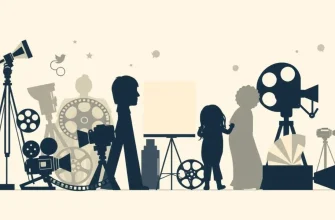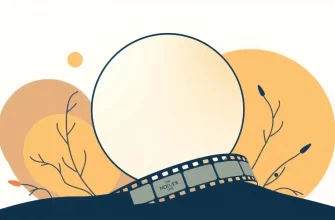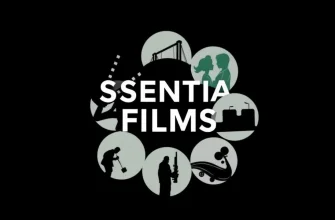Embark on a cinematic journey through time with our curated collection of films set in the ancient world and antiquity. These films not only entertain but also provide a window into the rich tapestry of history, showcasing the lives, cultures, and monumental events of bygone eras. From epic battles to intricate political dramas, this selection offers a diverse look at the ancient world, making it invaluable for both history enthusiasts and casual viewers seeking to understand the roots of our modern society.
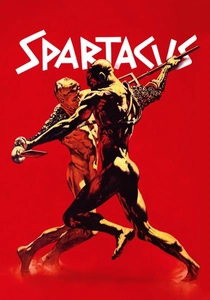
Spartacus (1960)
Description: A classic tale of a Thracian slave who leads a rebellion against the Roman Republic, highlighting themes of freedom and resistance.
Fact: The film was one of the first to credit blacklisted screenwriter Dalton Trumbo, marking a significant moment in Hollywood's history.
 Watch Now
Watch Now
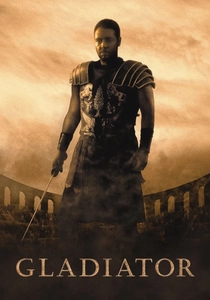
Gladiator (2000)
Description: This epic film follows the story of Maximus Decimus Meridius, a Roman general betrayed by the emperor's son, who becomes a gladiator to seek revenge. It captures the essence of Roman society, politics, and the gladiatorial games.
Fact: The film was inspired by the historical figure of Marcus Aurelius, though the plot is largely fictional. Russell Crowe's performance as Maximus won him an Academy Award for Best Actor.
 Watch Now
Watch Now
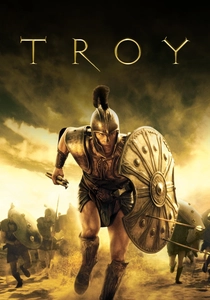
Troy (2004)
Description: Based on Homer's Iliad, this film recounts the legendary Trojan War, focusing on the conflict between the kingdoms of Troy and Mycenaean Greece, with Achilles as a central figure.
Fact: The film's battle scenes were inspired by real archaeological findings from the Bronze Age. Brad Pitt underwent extensive physical training to portray Achilles.
 Watch Now
Watch Now
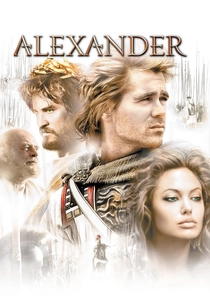
Alexander (2004)
Description: This biographical epic explores the life of Alexander the Great, his conquests, and his quest to reach the "ends of the world and the Great Outer Sea."
Fact: The film was shot in multiple locations to reflect the vastness of Alexander's empire. Oliver Stone directed this ambitious project.
 Watch Now
Watch Now
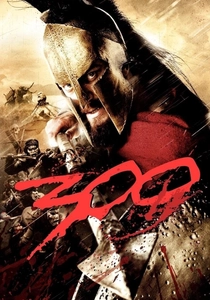
300 (2006)
Description: Based on the graphic novel, this film dramatizes the Battle of Thermopylae, where King Leonidas and 300 Spartans fight to the death against the Persian army.
Fact: The film's visual style was heavily influenced by Frank Miller's graphic novel, using a stylized, almost comic-book-like approach.
 Watch Now
Watch Now
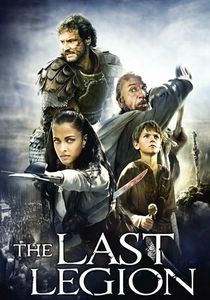
The Last Legion (2007)
Description: Set in the late Roman Empire, this film follows the last Roman emperor and his protectors as they journey to Britain to find the legendary sword Excalibur.
Fact: The film blends historical fiction with elements of Arthurian legend, creating a unique narrative bridge between Roman history and British myth.
 Watch Now
Watch Now
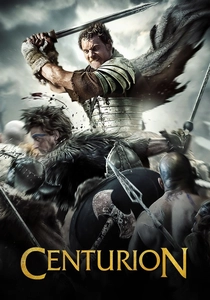
Centurion (2010)
Description: This film follows the remnants of the Ninth Legion as they attempt to survive and escape after being ambushed by Picts in Roman Britain.
Fact: The film's plot is loosely inspired by the historical disappearance of the Ninth Legion, though it takes significant creative liberties.
 Watch Now
Watch Now
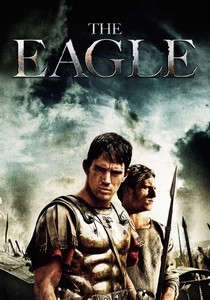
The Eagle (2011)
Description: Set in Roman Britain, this film follows a young Roman officer's quest to recover the lost eagle standard of his father's legion, delving into the interactions between Romans and the indigenous tribes.
Fact: The film is based on the novel "The Eagle of the Ninth" by Rosemary Sutcliff, which itself draws from historical speculation about the Ninth Legion's disappearance.
 Watch Now
Watch Now
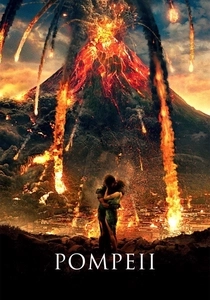
Pompeii (2014)
Description: A disaster epic that captures the eruption of Mount Vesuvius in AD 79, focusing on a gladiator's love story set against the backdrop of the city's destruction.
Fact: The film's special effects team recreated the volcanic eruption using both CGI and practical effects to depict the scale of the disaster.
 Watch Now
Watch Now
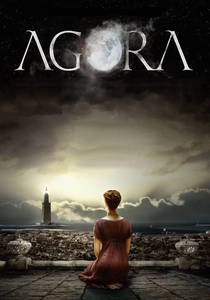
Agora (2009)
Description: This film portrays the life of Hypatia, a philosopher and mathematician in Alexandria, Egypt, during a time of religious turmoil and the decline of classical learning.
Fact: The film was shot in Malta, with sets designed to replicate ancient Alexandria. Rachel Weisz's performance as Hypatia was critically acclaimed.
 30 Days Free
30 Days Free



